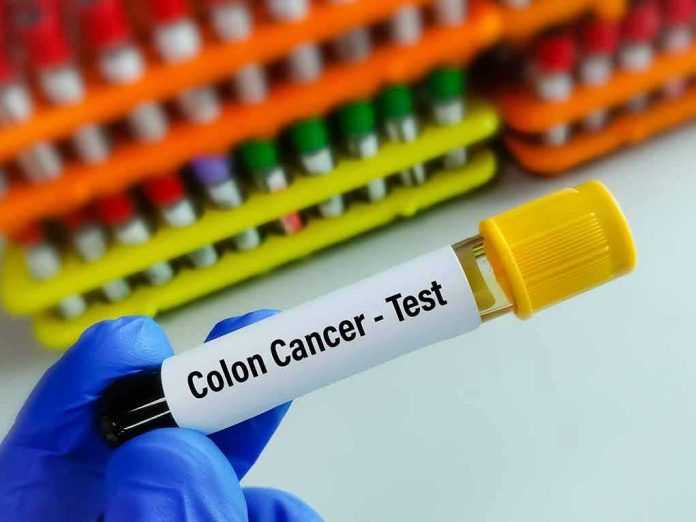
What if I told you that with a few simple tweaks to your lifestyle, you could drastically reduce your risk of colon cancer, a disease that is alarmingly rising among the young and restless?
At a Glance
- Colon cancer rates are rising among people under 50.
- Up to 50% of colon cancer cases are preventable through lifestyle changes.
- The average age for first screening has been lowered to 45.
- Diet and exercise are key in reducing colon cancer risk.
Rising Incidence and the Young
Colon cancer is not just for the silver-haired anymore. Since the mid-1990s, instances of colon cancer have been climbing among those under 50, making it the leading cause of cancer death in young men and the second for young women. This rise has stumped researchers, who are racing to unravel the mystery behind such a disturbing trend.
https://www.youtube.com/watch?v=3YaIt9JZiIs
But there’s hope. Experts agree that lifestyle changes could prevent a staggering 50% of these cases. Imagine cutting your risk in half just by saying no to that extra slice of processed meat or by taking a brisk walk around the block.
Lifestyle Tweaks for a Healthier Future
Dietary choices play a significant role in colon cancer risk. High fiber intake and reducing processed meats are common recommendations. Add fruits, vegetables, and whole grains to your plate and watch your risk factor shrink. And while you’re at it, turn up the heat on physical activity. Regular exercise has been linked to a 40% lower risk of colon cancer. You don’t need to be a marathon runner—every step counts.
Vitamin D is another key player. Ensuring adequate levels could be as simple as a little sunshine or a vitamin supplement. And while the jury is still out on garlic, adding a dash to your dishes certainly won’t hurt and might even help.
Screening: Your Best Defense
Early detection is crucial. The age for the first screening has now been lowered to 45 for average-risk individuals. This change in guidelines is a nod to the increasing prevalence in younger populations. Colonoscopies remain the gold standard for early detection and prevention. Those with a family history or other predisposing factors should start even earlier.
Public health campaigns are ramping up efforts to raise awareness of the importance of screening. Catching colon cancer early can make all the difference, turning a potential death sentence into a treatable condition.
The Road Ahead
As researchers dig deeper into the environmental and lifestyle factors contributing to young-onset colon cancer, the hope is to develop more targeted prevention strategies. In the meantime, individuals can take proactive steps to reduce their risk. From dietary changes to regular exercise and timely screenings, these actions can significantly impact both personal health and public health outcomes.
Stay informed and take charge of your health. With the right choices, we can turn the tide on colon cancer and ensure a healthier future for generations to come.
Sources:
National Colorectal Cancer Roundtable



